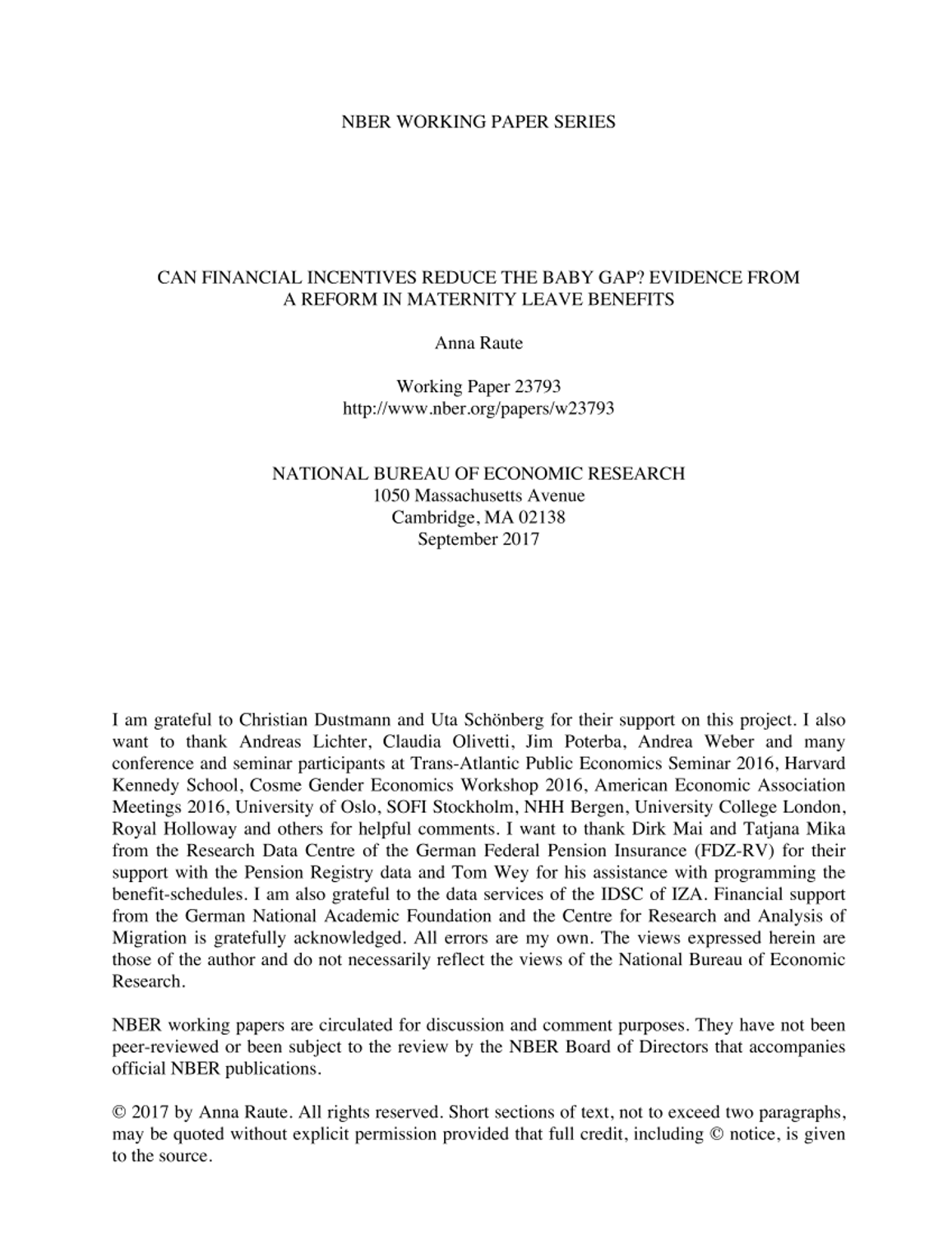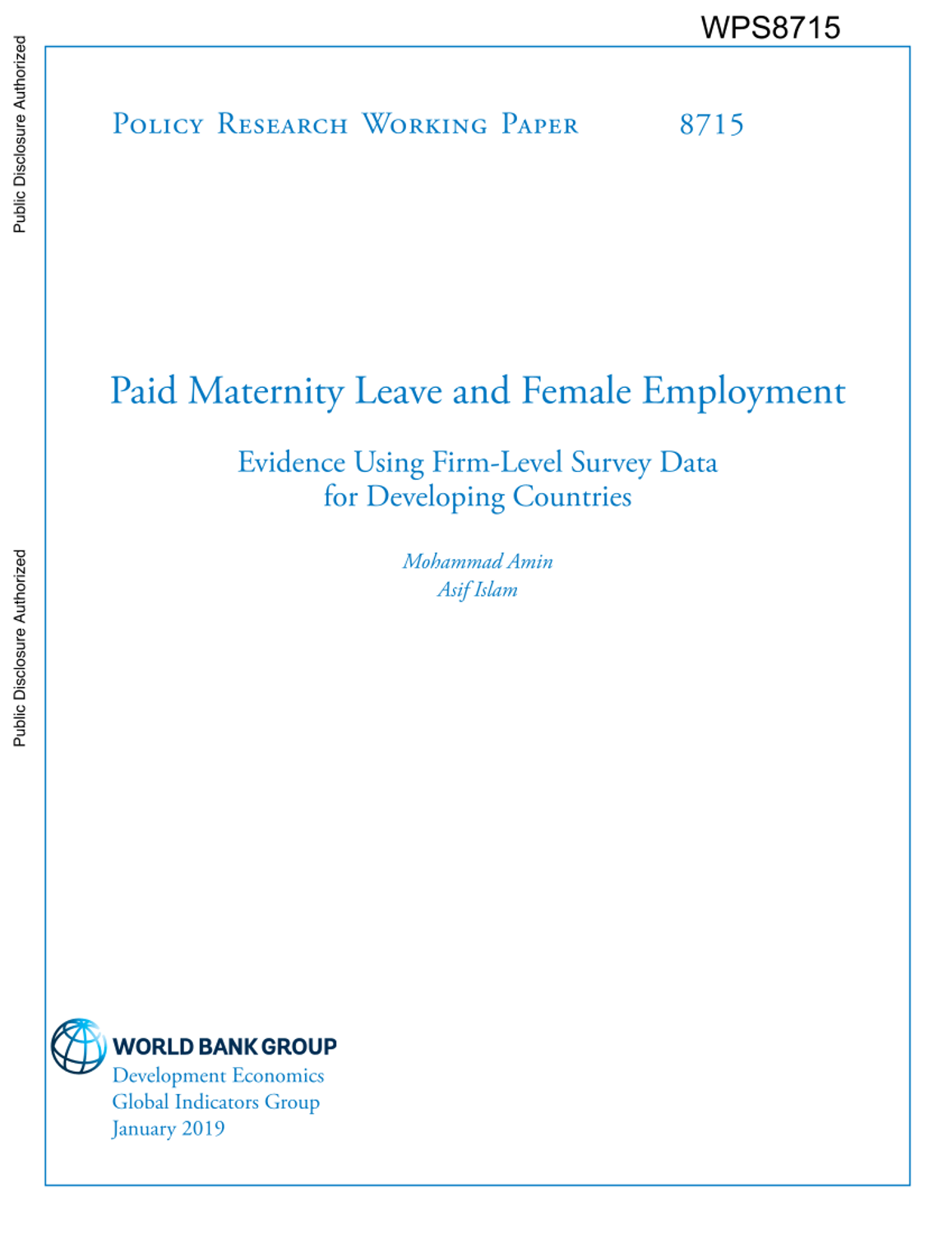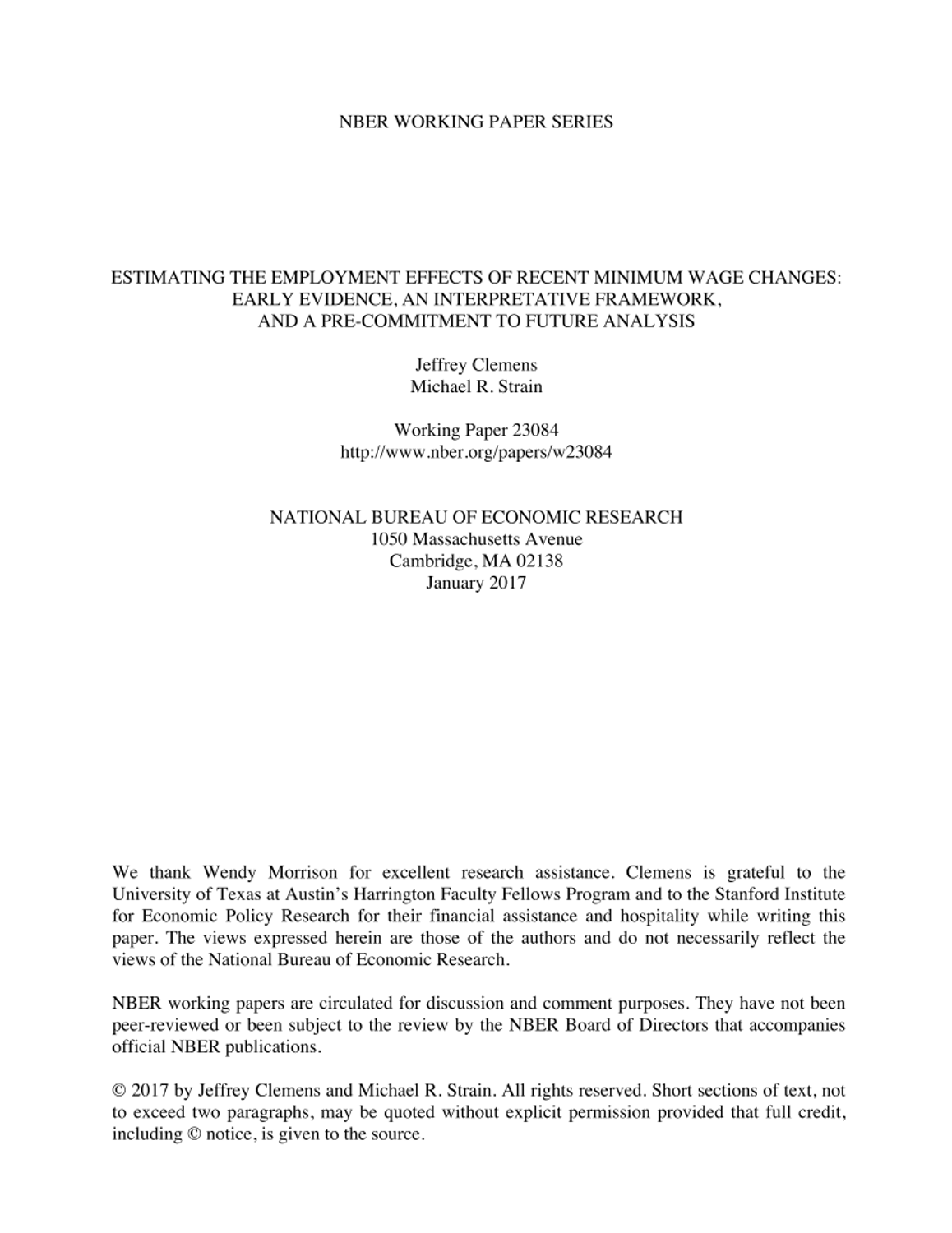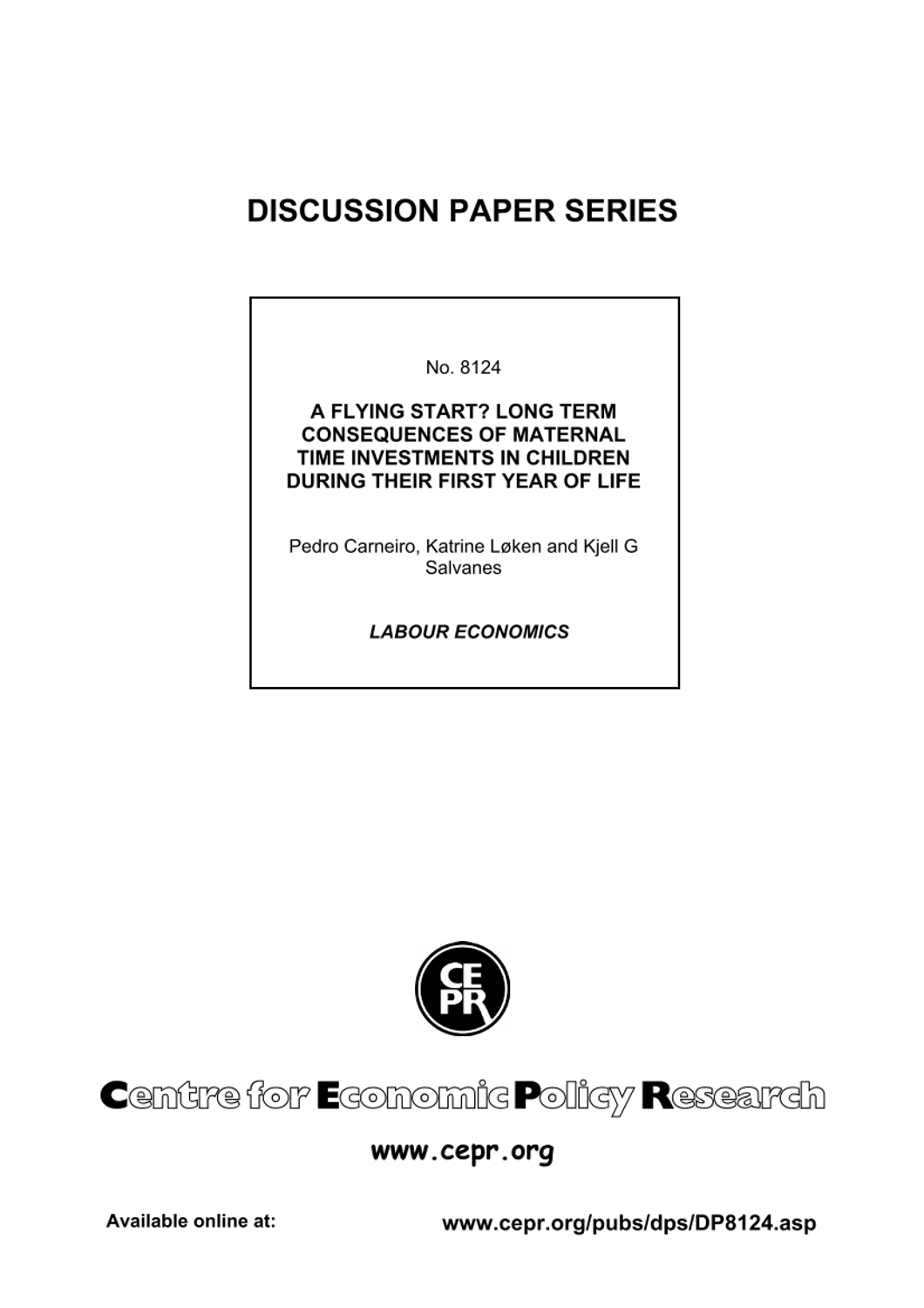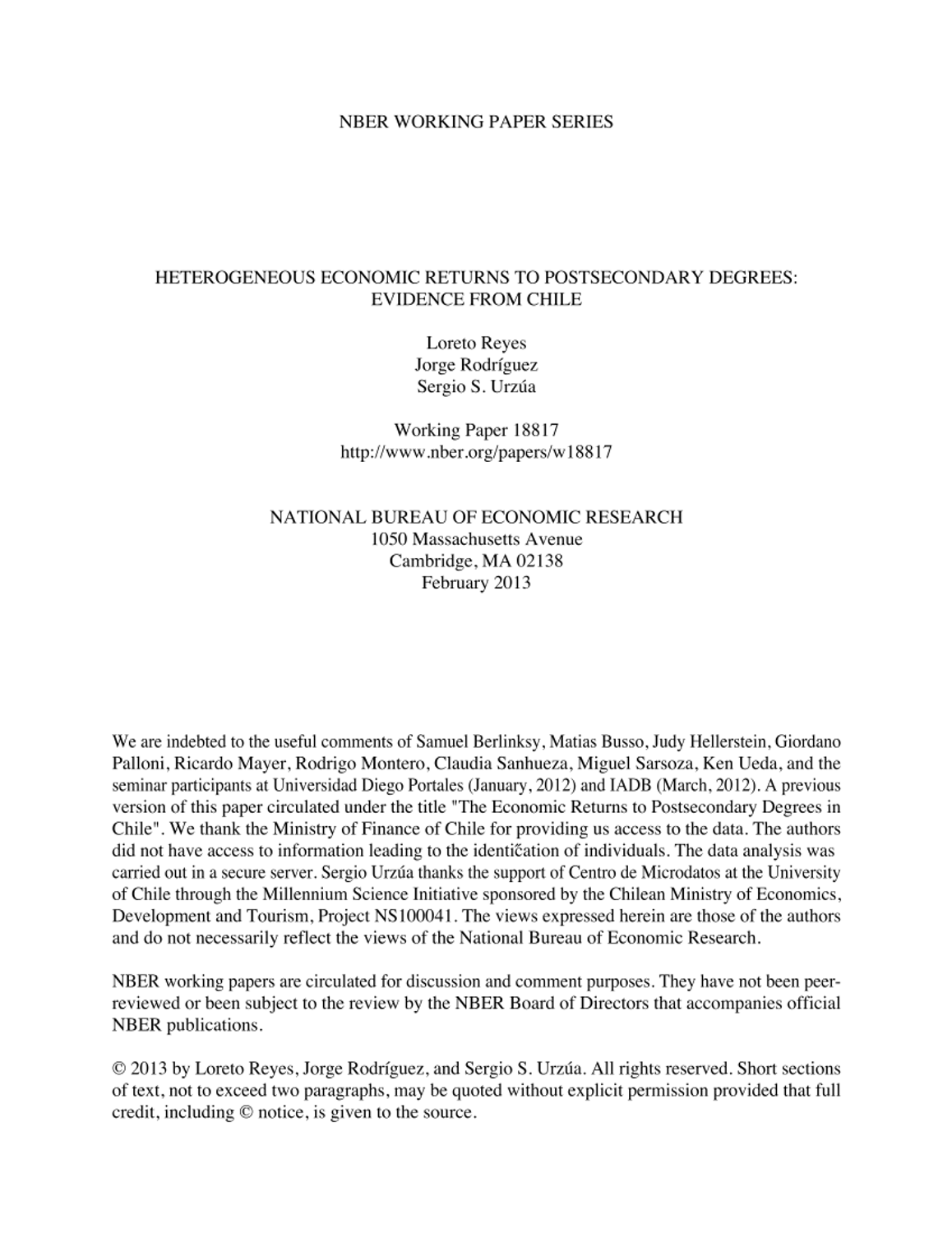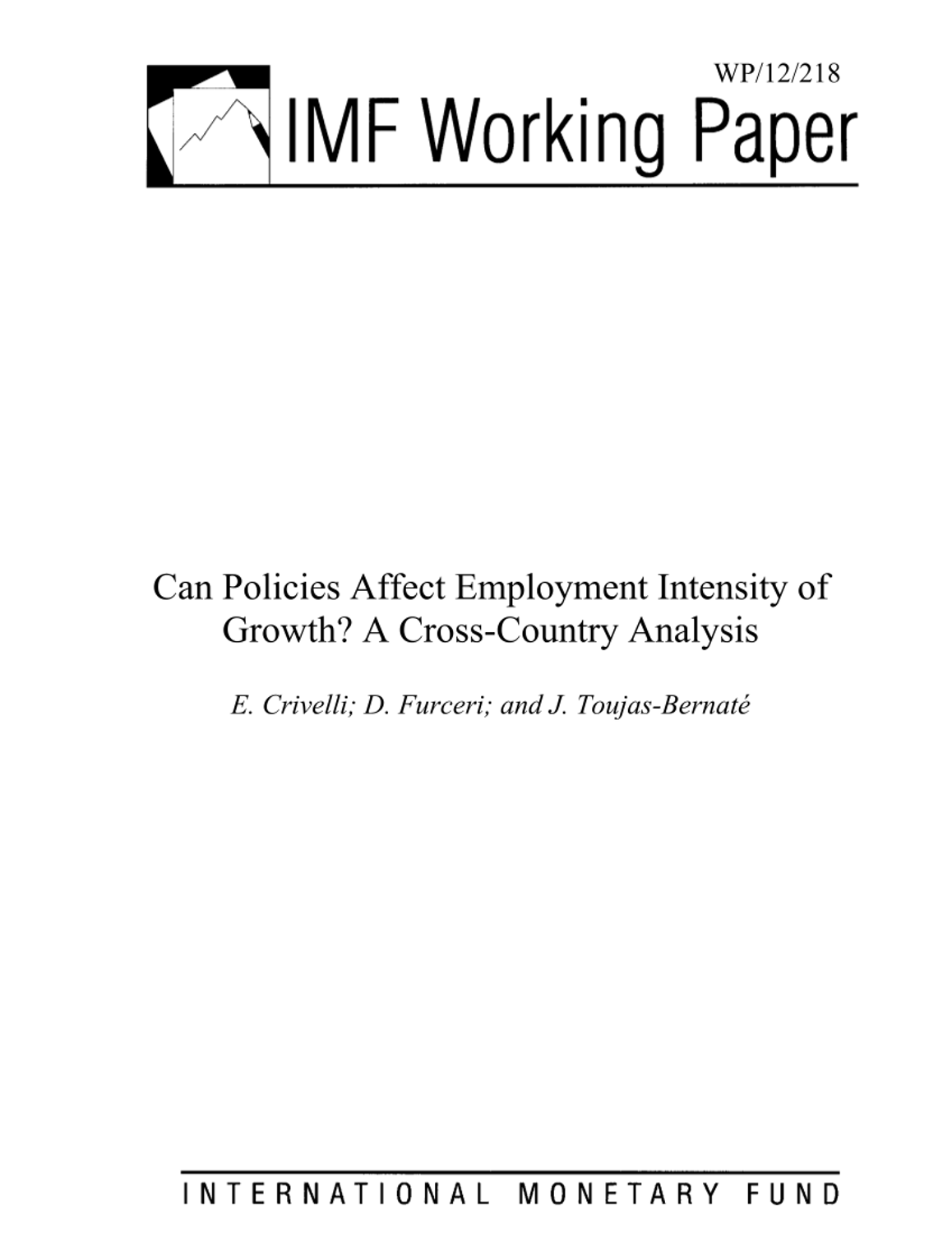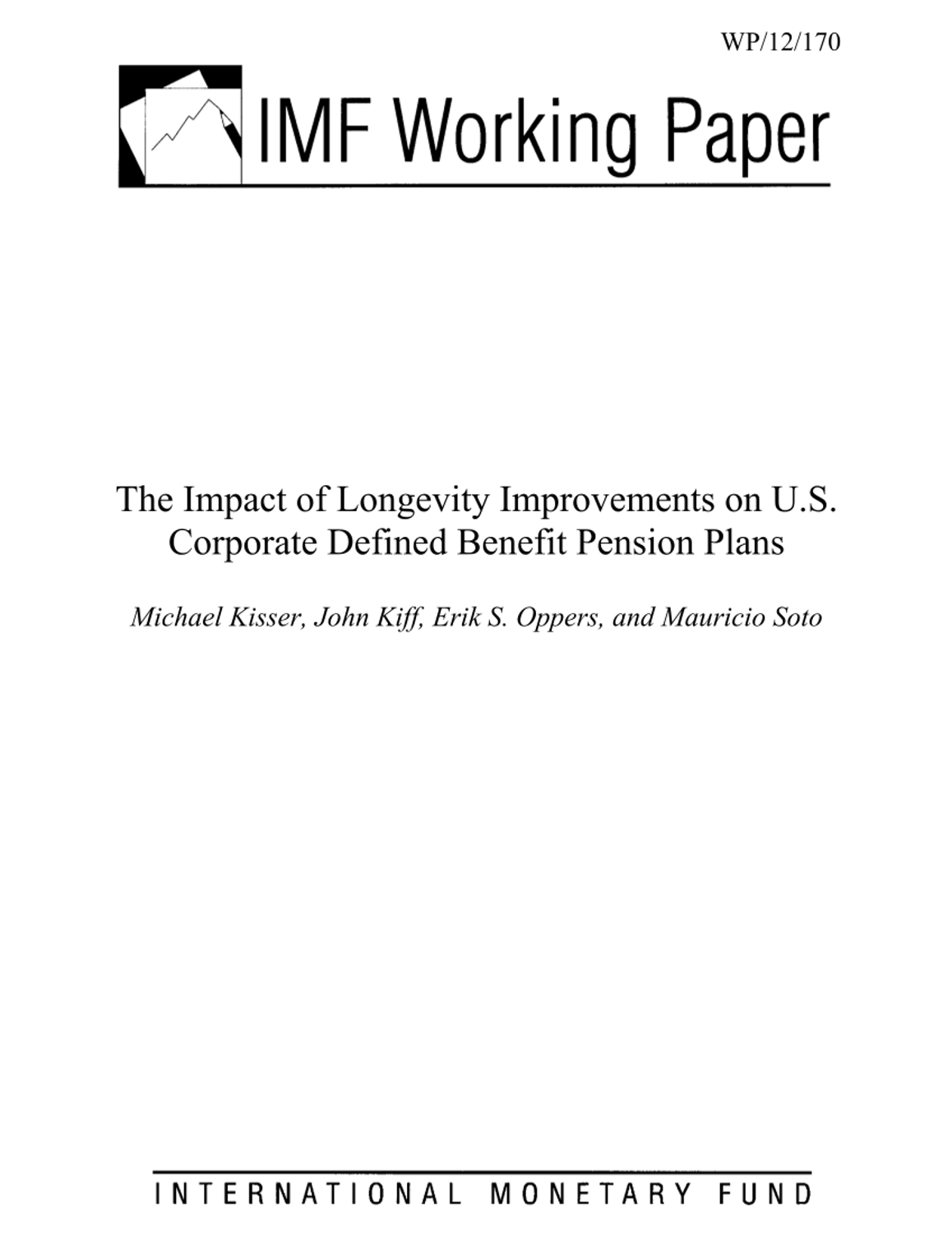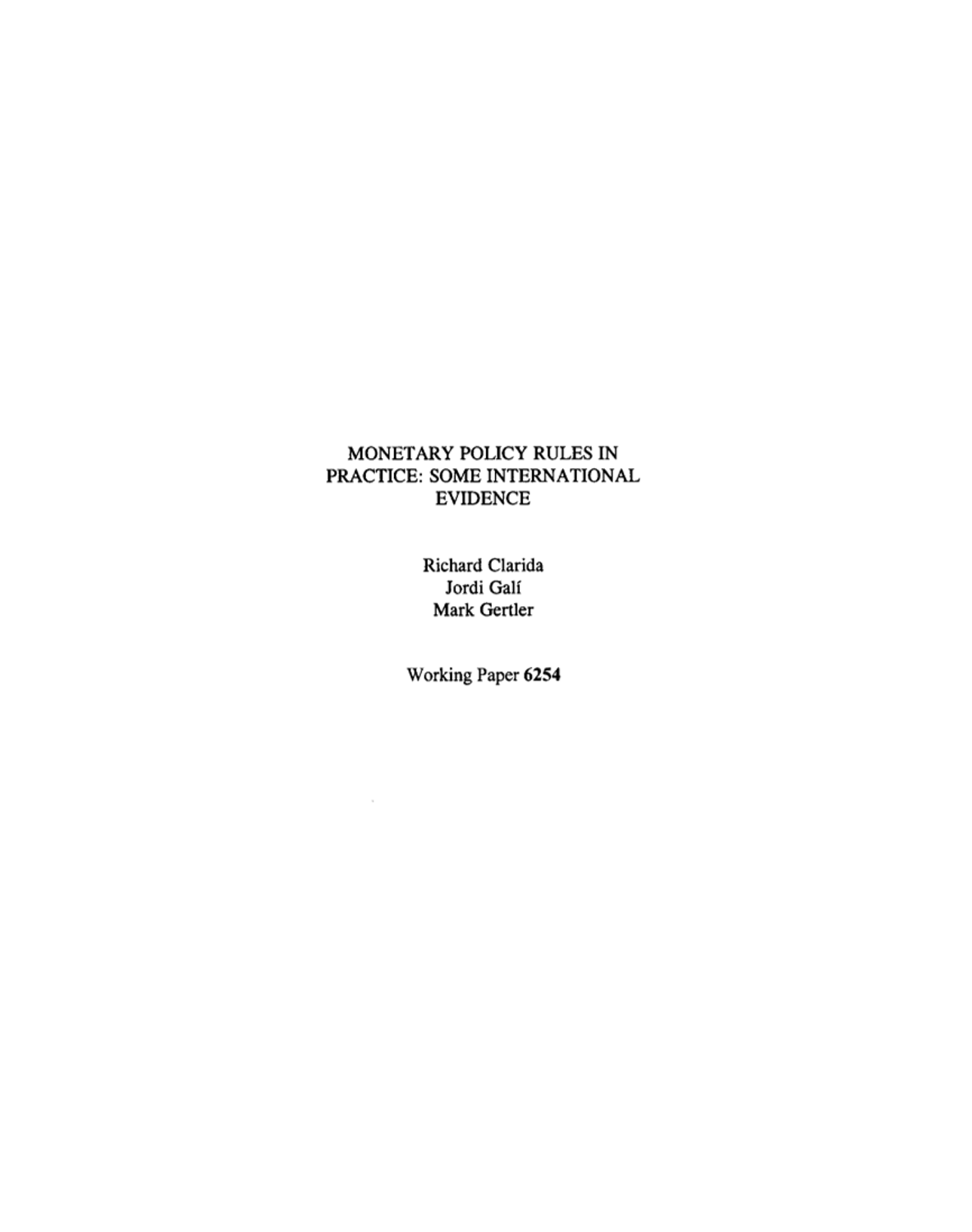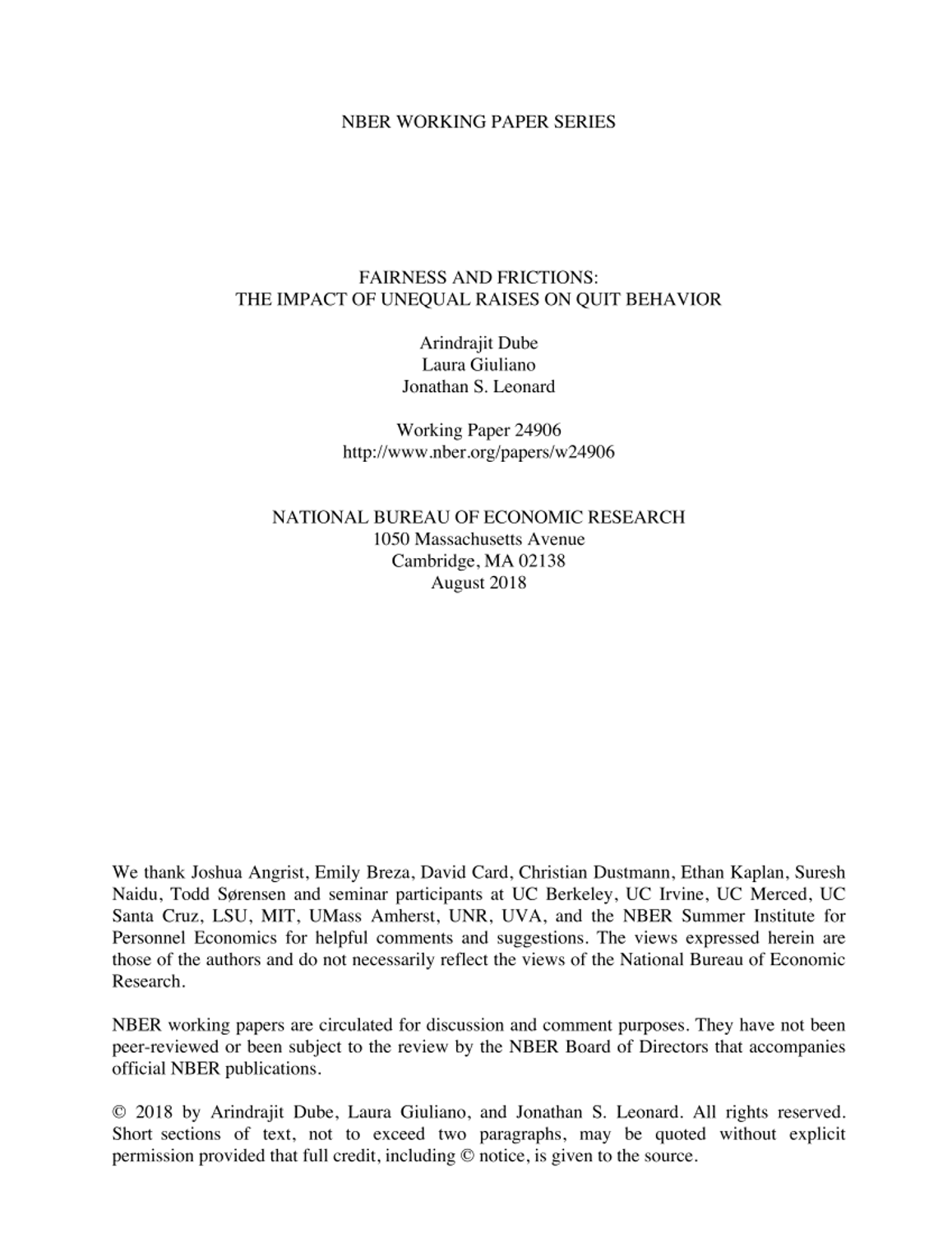연구보고서NBER Working Paper 23793
Can financial incentives reduce the baby gap? evidence from a reform in maternity leave benefits
- 청구기호
- WP 23793
- 발행사항
- Cambridge : NBER, 2017
- 형태사항
- 53 p. :. PDF file ;. 672 KB
- 바로가기
소장정보
| 위치 | 등록번호 | 청구기호 / 출력 | 상태 | 반납예정일 |
|---|---|---|---|---|
이용 가능 (1) | ||||
| E0002776 | 대출가능 | - | ||
이용 가능 (1)
- 등록번호
- E0002776
- 상태/반납예정일
- 대출가능
- -
- 위치/청구기호(출력)
책 소개
To assess whether earnings-dependent maternity leave positively impacts fertility and narrows the baby gap between high educated (high earning) and low educated (low earning) women, I exploit a major maternity leave benefit reform in Germany that considerably increases the financial incentives for higher educated and higher earning women to have a child. In particular, I use the large differential changes in maternity leave benefits across education and income groups to estimate the effects on fertility up to 5 years post reform. In addition to demonstrating an up to 22% increase in the fertility of tertiary educated versus low educated women, I find a positive, statistically significant effect of increased benefits on fertility, driven mainly by women at the middle and upper end of the education and income distributions. Overall, the results suggest that earnings-dependent maternity leave benefits, which compensate women commensurate with their opportunity cost of childbearing, could successfully reduce the fertility rate disparity related to mothers’ education and earnings.

